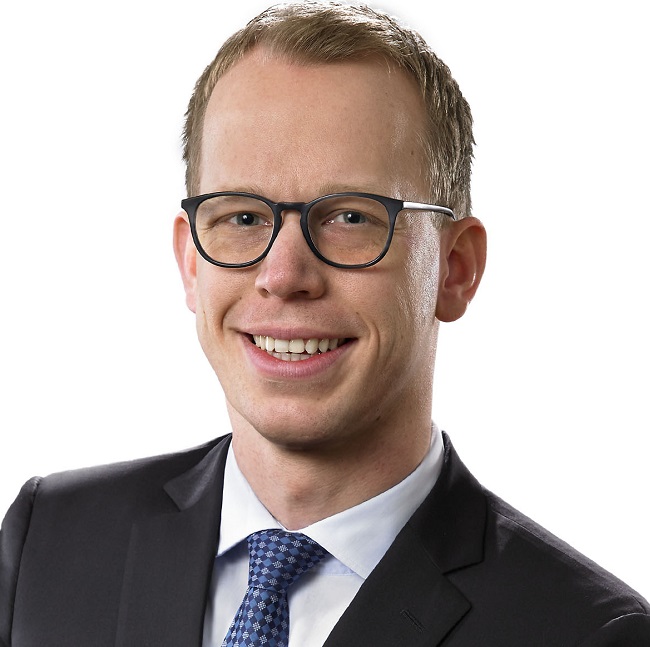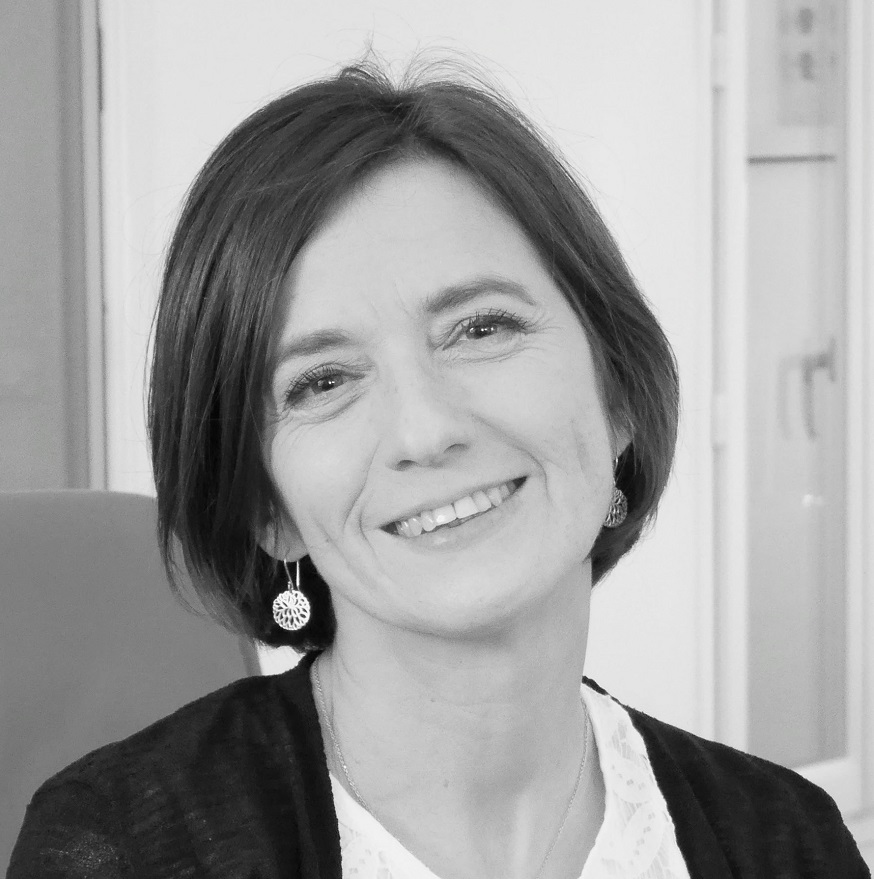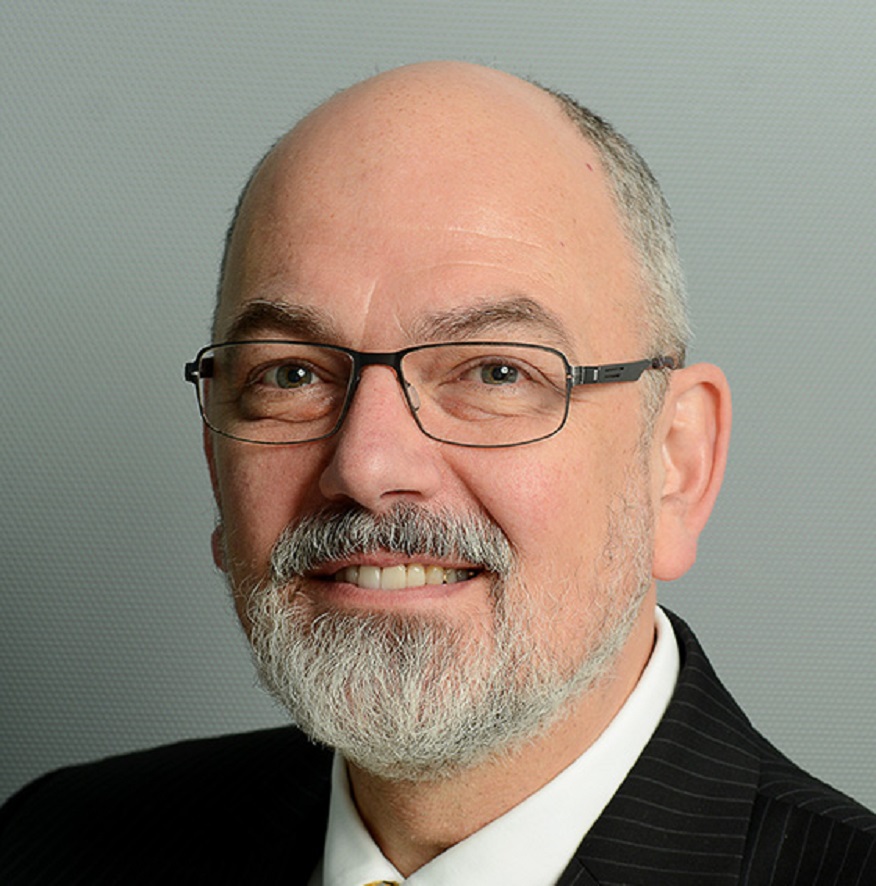Measuring digital innovation capabilities and impact for SMEs
Digital innovation is essential for an SME’s sustainable development, competitiveness and growth. However, companies lack the insights as to what degree their digital innovation capabilities are competitive and how they can enhance them. The IMP³rove Digital Innovation Quotient assessment and benchmarking builds on a combination of qualitative and quantitative performance indicators to measure and compare internationally to what degree companies are successful in turning ideas into digital innovation – considering digital innovation in processes to reduce cost and in offerings to generate revenues. The tool has been developed as part of a European Commission project in collaboration with an international expert network. It is available for free in its basic version, and fully digital itself: users can register online, take the assessment online, and receive an individual benchmarking report online. To inspire the SME’s journey towards increased competitiveness driven by higher digital innovation performance, we have initiated the collection of a digital use case library showcasing digital innovation successes in various industries – from construction to IT. As you realize, the assessment tool, the benchmarking database and the use case library have strong network effects – the benefits for anyone involved grow with the number of users. We invite you to join us for this session. We are keen to develop further partnerships in and beyond Europe to support SMEs in becoming more digital, and more successful.

Relator: Dr. Martin Ruppert
Managing Director, IMP³rove – European Innovation Management Academy GermanyMartin Ruppert is Managing Director of IMP³rove – European Innovation Management Academy and core team member of the Innovation and R&D Management practice at A.T. Kearney. Building on various consulting projects, he has comprehensive experience in innovation management, ranging from the review of innovation strategy and innovation portfolio to the development of innovative business models. He worked in Europe, the Middle East, and in Asia-Pacific. Martin is author of numerous publications on innovation management and co-author of the Global Innovation Index reports in 2015 and 2016. He has been seconded to the World Economic Forum to manage the project “Fostering Innovation-Driven Entrepreneurship in Europe” and was advisor for the project “Collaborative Innovation – Transforming Business, Driving Growth”










